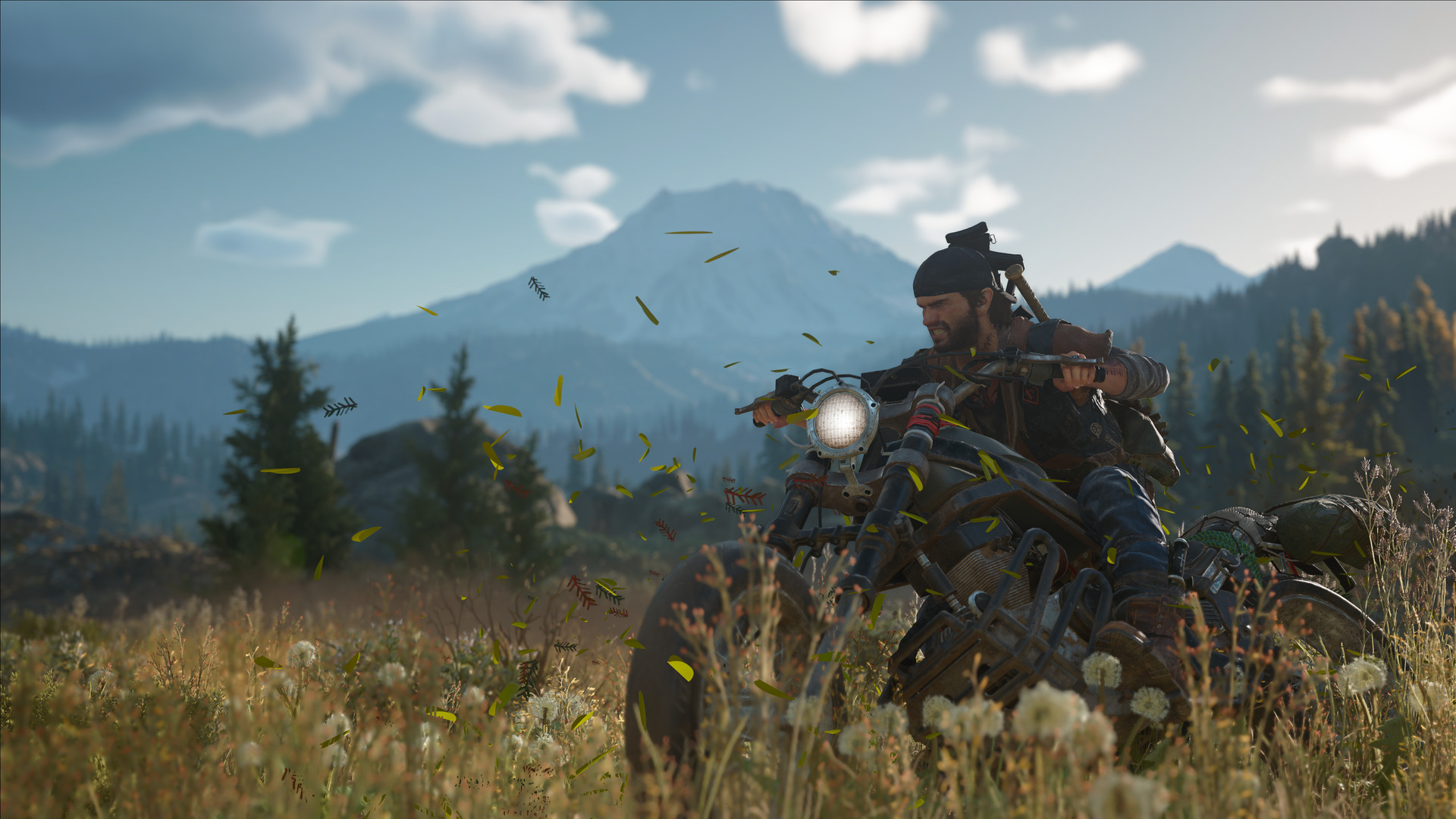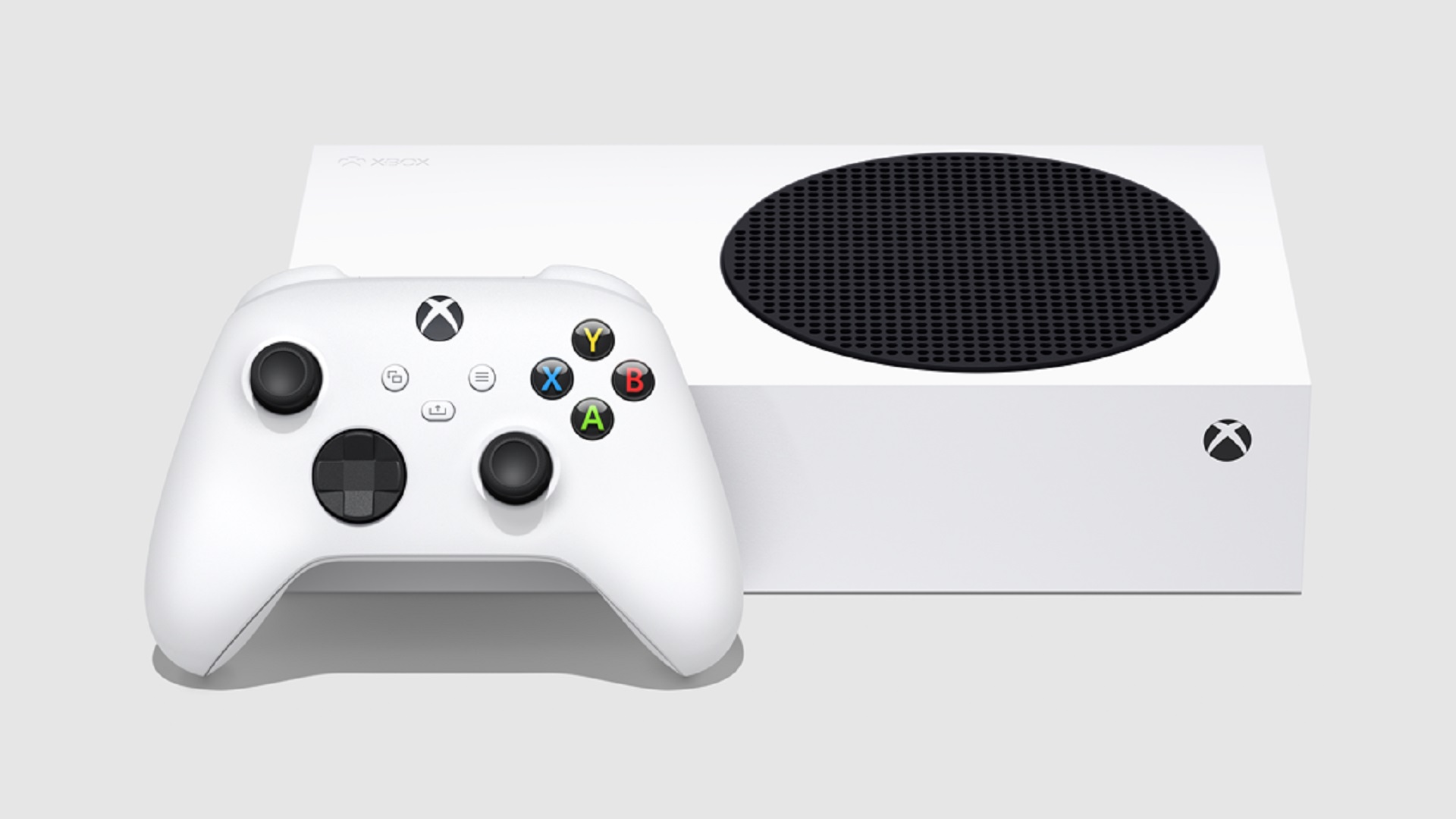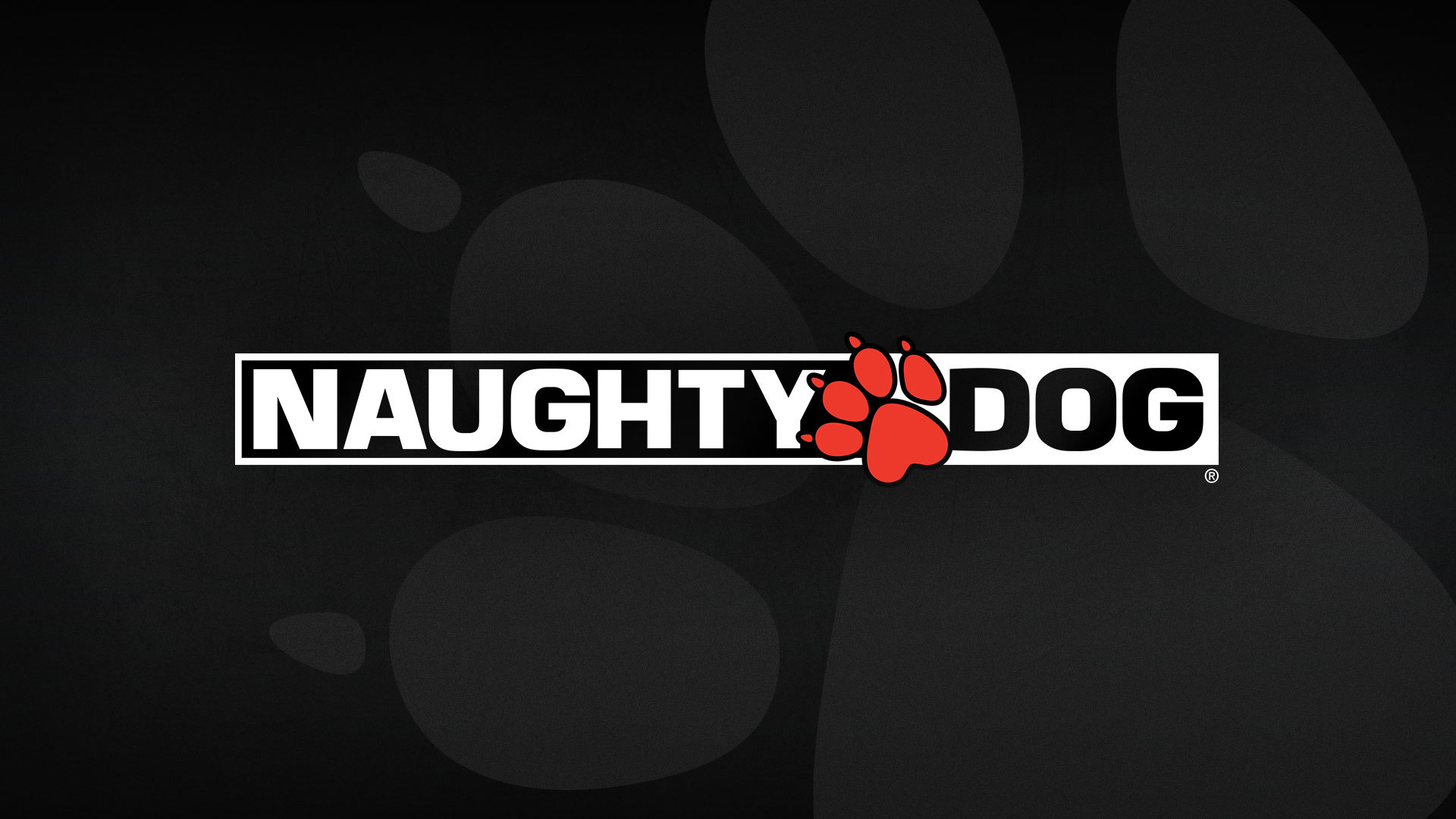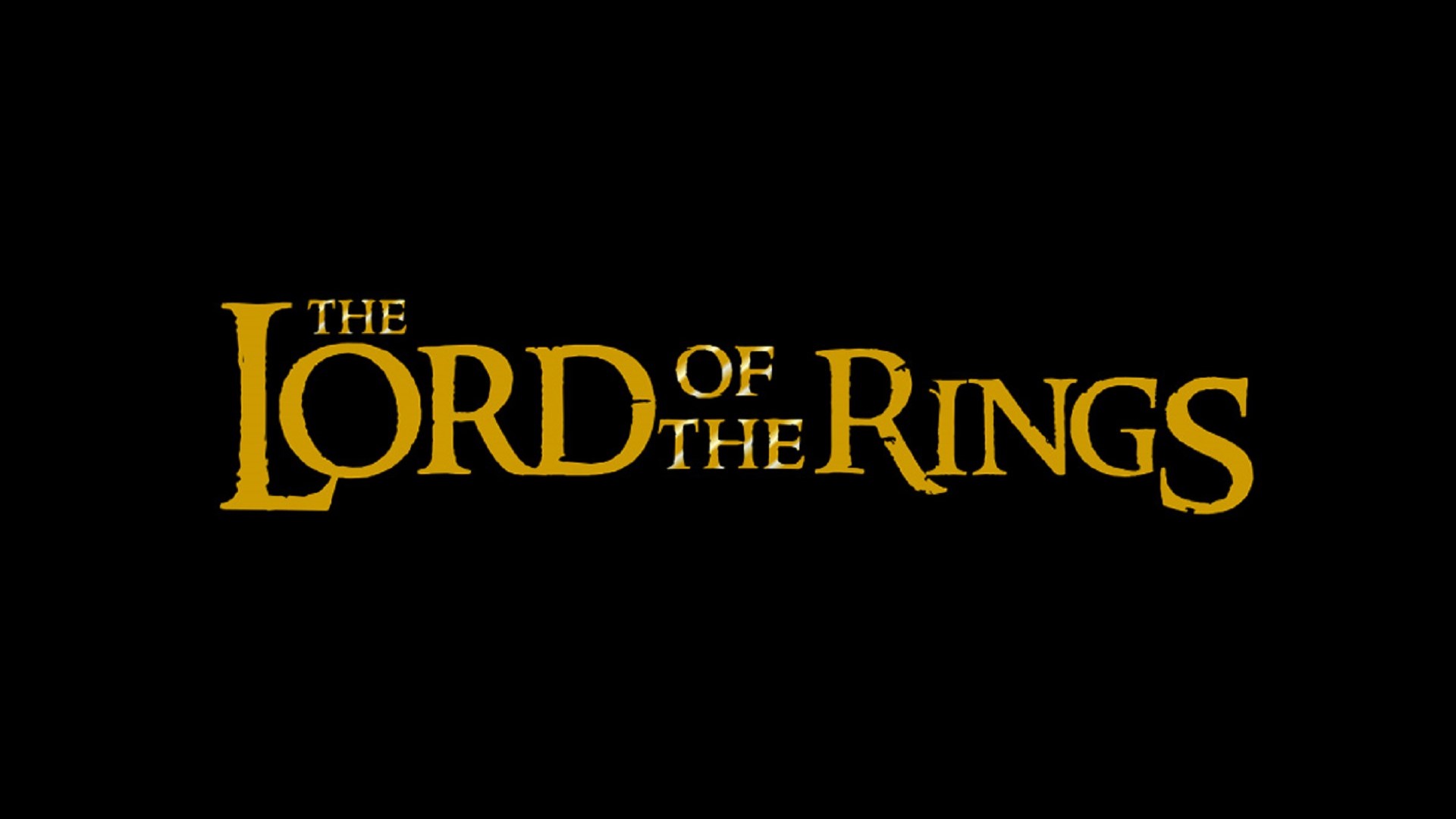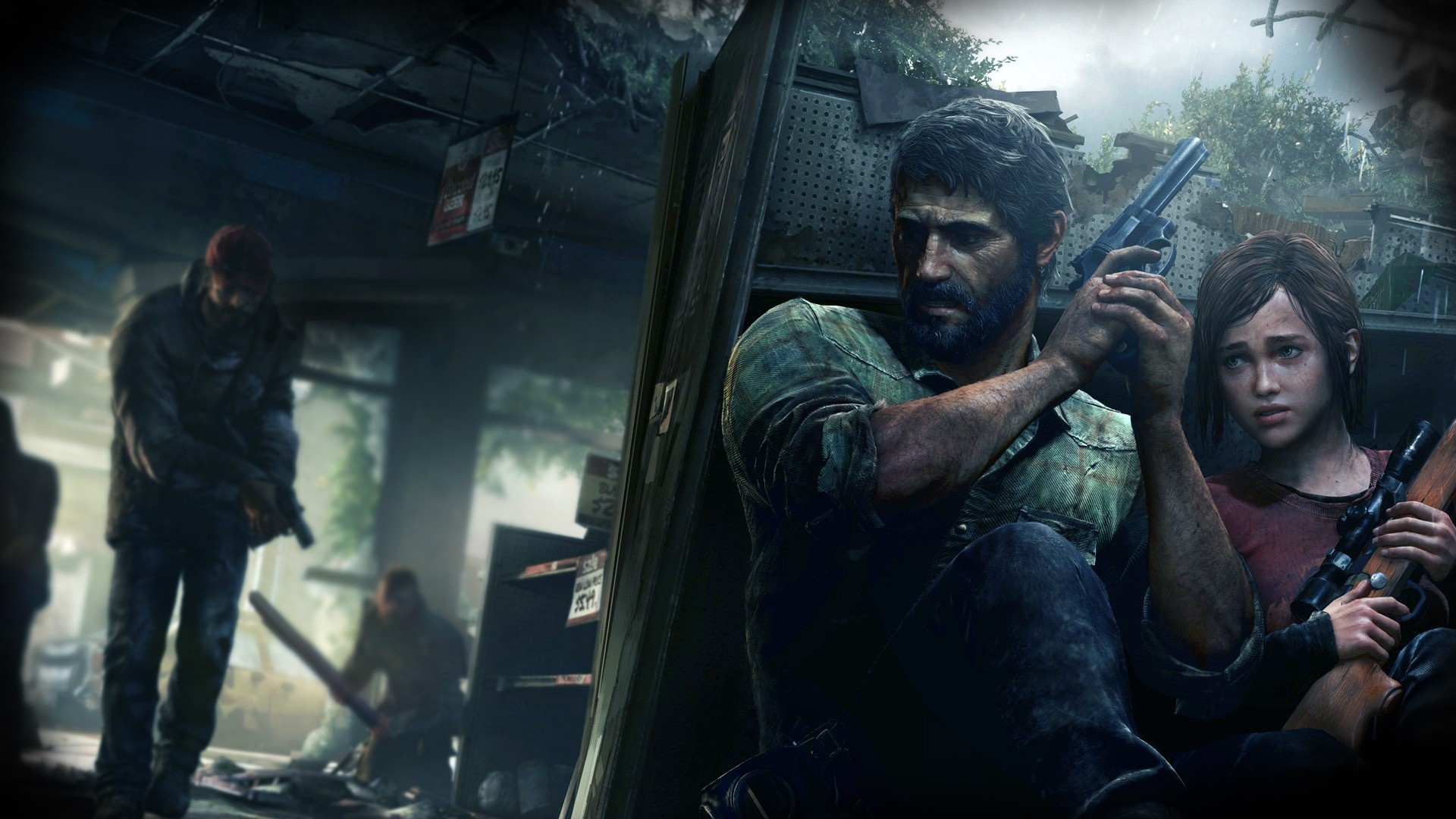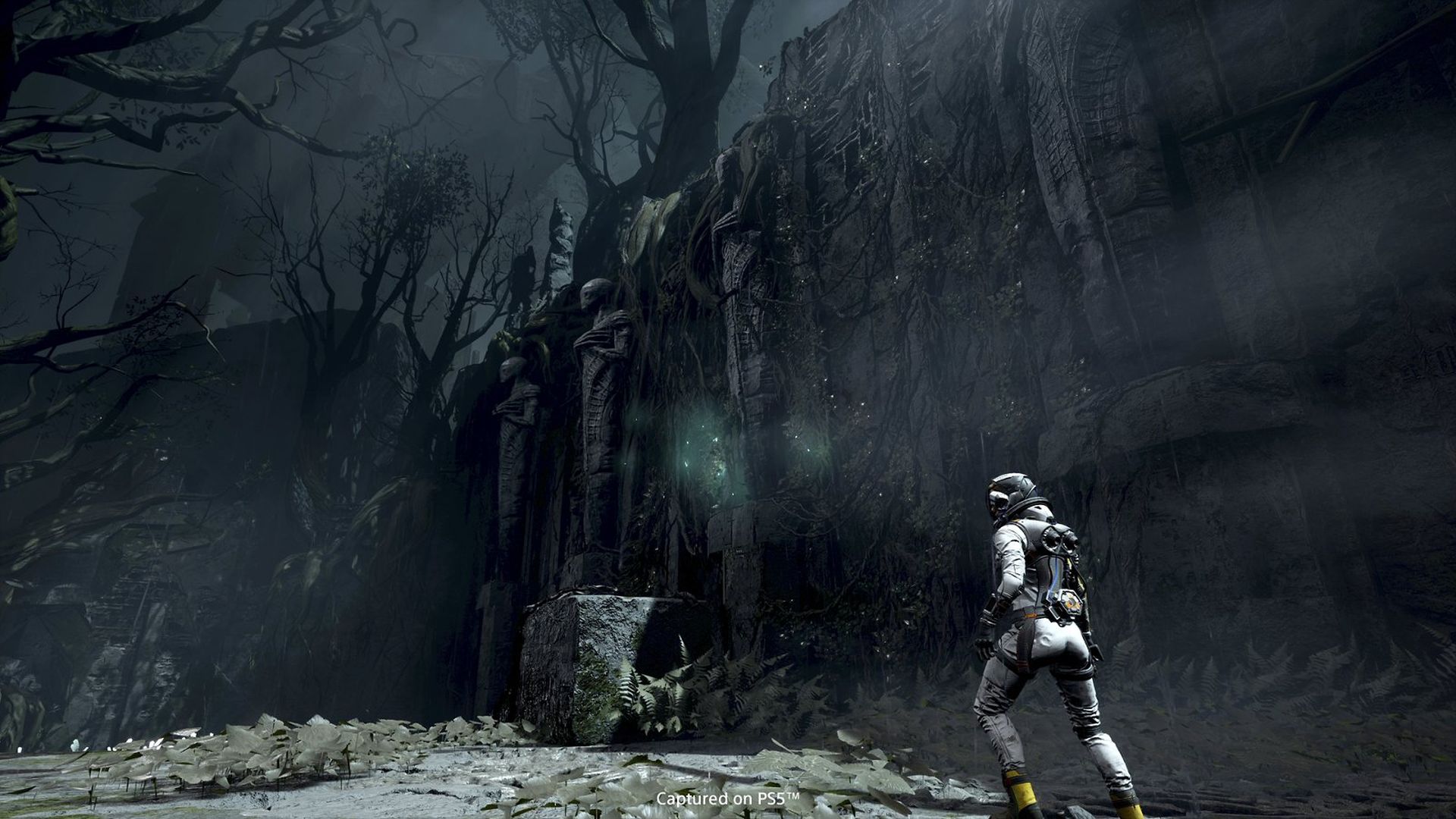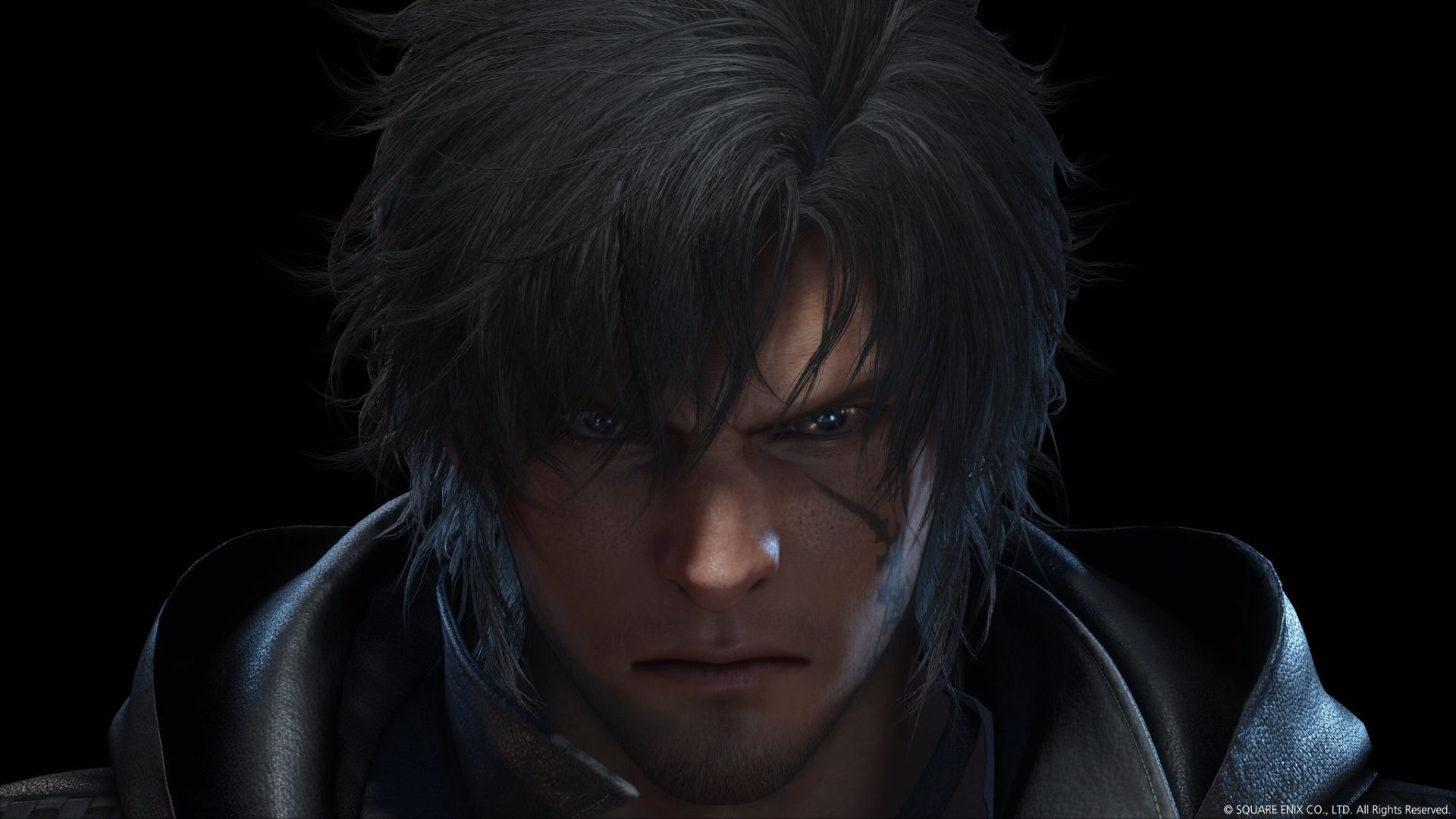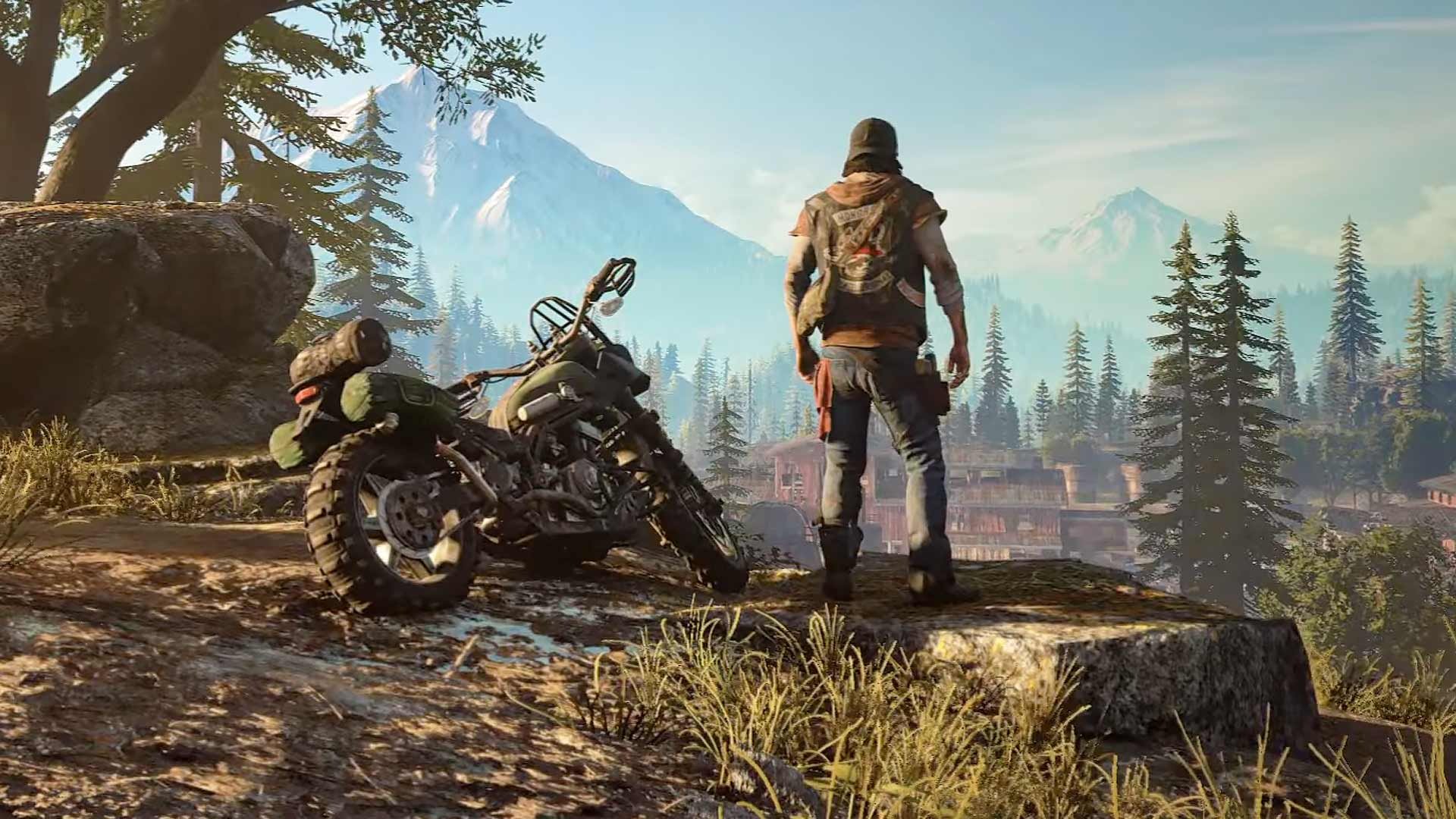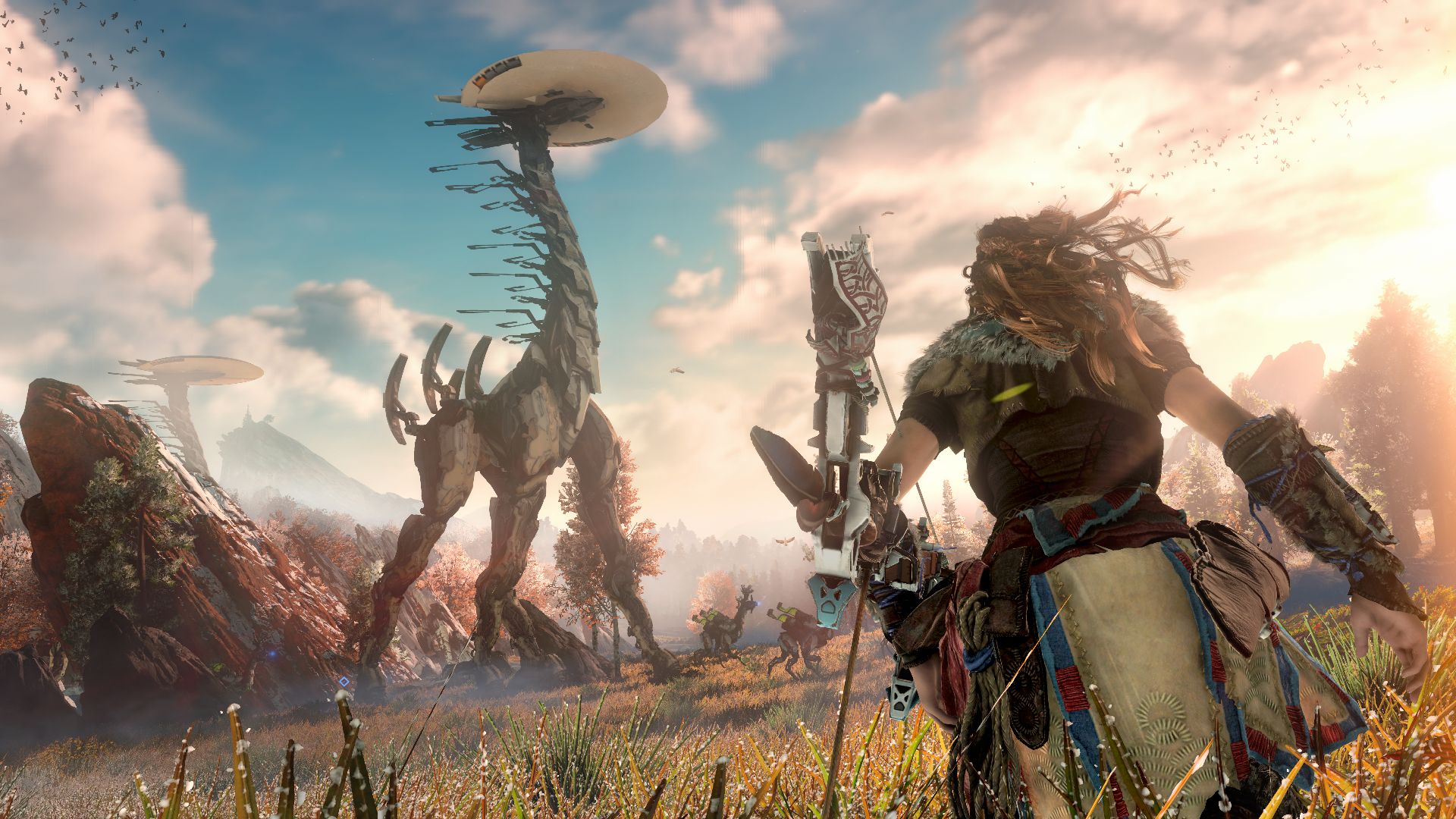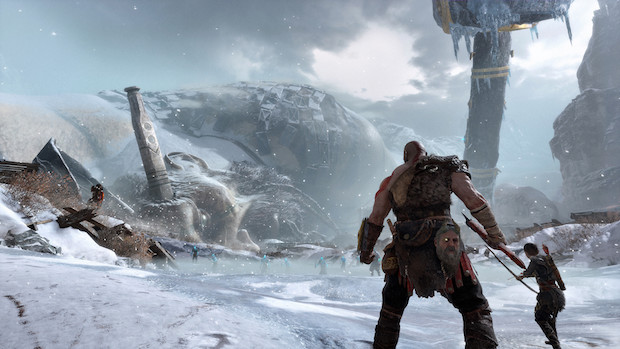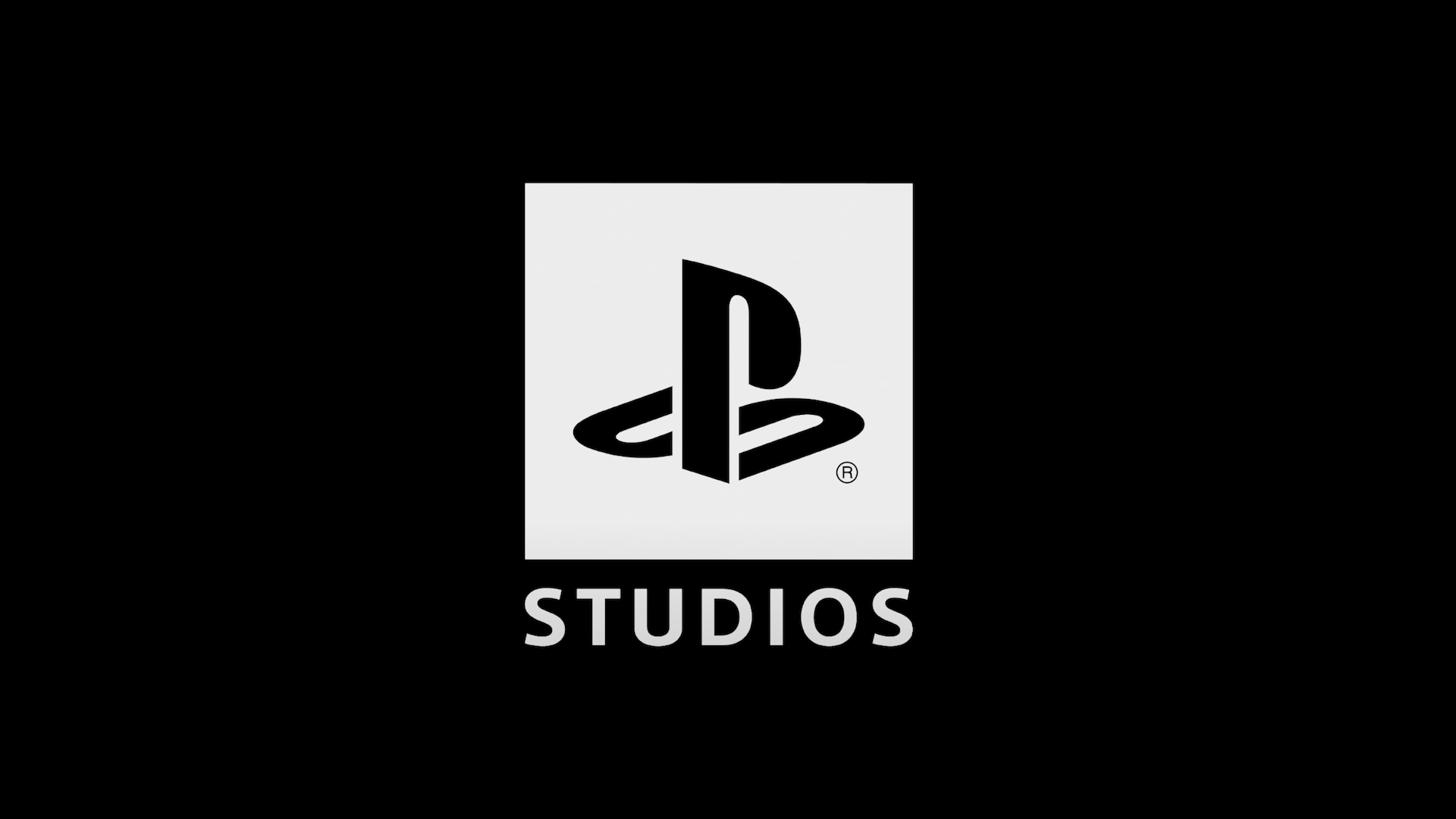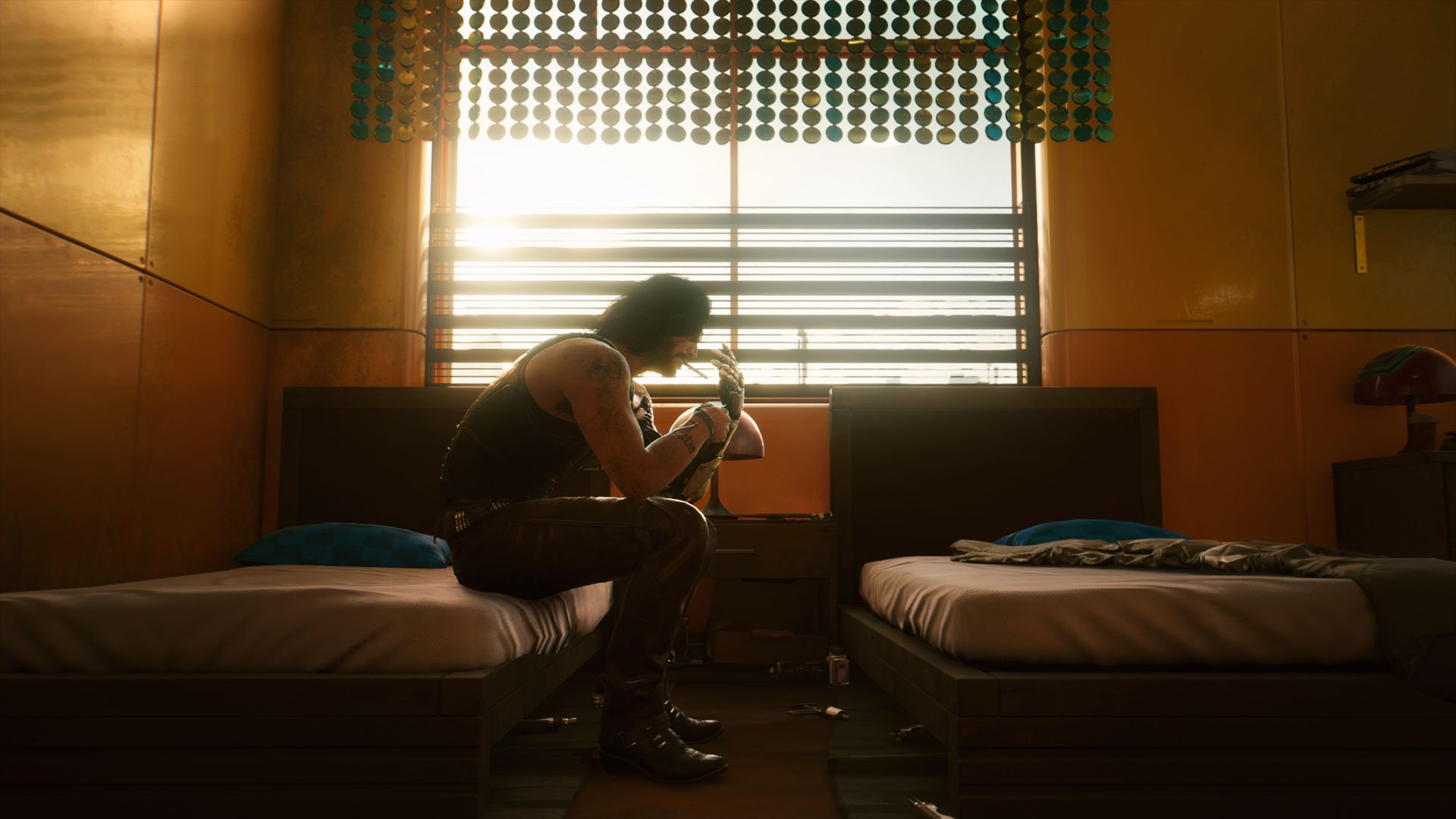"Metacritic Score is Everything" at Sony – Days Gone Director
Many publishers in the industry would look at Days Gone as a success, thanks to its sizeable and dedicated fan base, its impressive sales, and the improvements it saw with post-launch updates. For Sony, however, that most certainly wasn't the case. A recent report revealed that when SIE Bend Studio pitched a Days Gone sequel, Sony turned it down, with the game's lukewarm critical reception (it sits at 71 on Metacritic) being one of the primary reasons for that decision.
Sony has enjoyed widespread critical reception and accolades for almost all of its major AAA releases in the last few years, and with Days Gone being the odd one out, Bend Studio suffered the consequences. And according to John Garvin, who was the game's lead writer and creative director, and left the studio shortly after its launch, Metacritic score is hugely important to Sony as a publisher.
Speaking in a recent interview with God of War and Twisted Metal creator David Jaffe (which you can view in full below), Garvin said that "Metacritic is everything" as far as Sony is concerned, and went on to suggest that Days Gone's low Metacritic score was responsible for both his departure and Days Gone 2's cancellation.
"This is just the reality of Sony," he said. "Metacritic score is everything. If you're the creative director on a franchise and your game is coming out to a 70, you're not going to be the creative director on that franchise for very long."
Days Gone's co-director Jeff Ross (who is also no longer at Bend) also revealed recently that the studio's pitch for the sequel involved a separate shared world co-op experience.
Though a sequel looks highly unlikely at this point, the Days Gone property has at least something to look forward to, with a PC version of the game launching on May 18.
Xbox Series S Development Has Presented "No Troubles at All" – MotoGP 21 Developer
The Xbox Series S and its lower spec hardware has divided opinion, not just in fans and players, but also in those in the industry. Some developers have suggested that its lower specs are going to complicate matters and present challenges in the future, some have suggested that they won't present any major issues for a while, while others still have suggested that right now, it's too early to say either way.
While the full scope of the situation will only become clear a couple of years from now, once we've fully moved into exclusive next-gen development, even development of cross-gen games right now is giving developers at least some idea of what to expect. Italian developer Milestone, for one, has faced little to no challenges in the development of the upcoming MotoGP 21.
Speaking in an interview with Wccftech, the game's producer Matteo Pezzotti said when asked about how development for the Xbox Series S has been, "No troubles at all, we were all surprised by the smoothness in the development of both Series X and Series S. The latter console targets a frame rate of 60 FPS and a resolution of 1440p (dynamic)."
Again, MotoGP 21 is a cross-gen title, so given the fact that the lowest specs its targeting optimization for are those of the Xbox One S, it's not surprising that development on the Series S hasn't presented any challenges. Still, it is encouraging to hear that the hardware itself is easy to develop for, despite its lower specs.
MotoGP 21 will launch on April 22 for PS5, Xbox Series X/S, PS4, Xbox One, Nintendo Switch, and PC.
Owing to the current state of AAA development in the games industry, many large studios right now attempt to have multiple games in development at the same time across multiple teams. However, Naughty Dog, arguably one of the biggest studios in the industry right now, has been struggling to find the balance to do that. Speaking recently with the AIAS on Game Maker's Notebook, Naughty Dog co-president Evan Wells discussed the same.
Wells explained that the studio attempted to move into multi-project development after Uncharted 2, when both The Last of Us and Uncharted 3 were intended to be in production at the same time- but the effort required to finish production on the latter ended up "stealing resources away" from The Last of Us' development.
"We tried our first major multi-project development with The Last of Us," Wells said (via VGC). "At the end of Uncharted 2, Bruce Straley and Neil Druckmann went off to start designing [that], although they did spend a good, solid three or four months working on Jak and Daxter before they decided to shelve it and focus on something new. They embarked on that and the idea was we would build a team around it and have two teams going at once, and we just did not achieve that at all."
"The amount of effort that was required to finish Uncharted 3 at the time was stealing resources away from The Last of Us, and we never got to the point where we had two full productions going," he continued. "I would say even today we're just short of that. We definitely have multiple projects, but only one that is getting the lion's share of focus at any time."
Wells went on to explain that even right now, Naughty Dog only ever has one major game in full production at a time, and that other projects might be in pre-production at the time, or fresh out of pre-production at most.
"We don't have two projects that have several hundred people on them," he said. "We have one [project] and then some that are in pre-production, or maybe just creeping out of pre-production, but will have to wait until the main focus has completed before we move everybody off of that project."
As for what Naughty Dog is working on right now, the studio seems to have plenty of irons in the fire. Reportedly, a remake of The Last of Us is in full production- but curiously enough, that happened partially because, at the time, Naughty Dog's other projects were in early pre-production. Meanwhile, a multiplayer game (like The Last of Us) is also in the works, while it's possible that a new IP (or maybe The Last of Us Part 3) might also be in the pipeline.
The Lord of the Rings MMO Has Been Cancelled
Amazon first announced an MMORPG based on The Lord of the Rings back in 2019, following which, they have shared little to no updates on the game or its development. As it turns out, that game has now been cancelled. In a report published by Bloomberg, it's been revealed that the MMO has been canned following a dispute between Amazon and Tencent.
The game was being co-developed by Amazon Game Studios and Leyou Technologies Holding. The latter was acquired by Chinese conglomerate Tencent last December, following which Amazon and Tencent engaged in contract negotiation discussions. Disputes arising in said discussions led to the game's cancellation, with an Amazon spokesperson saying that the company has "been unable to secure terms to proceed with this title at this time."
"We love the Lord of the Rings IP, and are disappointed that we won't be bringing this game to customers," the spokesperson added.
This is far from the first major setback for Amazon Game Studios. Though they recently expanded to establish a new development studio in Montreal, they have stumbled over a few hurdles in recent years. Breakaway and Crucible both had very short lives, being cancelled not long after launch.
Meanwhile, New World, another MMORPG, is due out this August. Hopefully, it will fare better than other Amazon ventures in the games industry.
It recently emerged thanks to a report y Bloomberg's Jason Schreier that a remake of The Last of Us was allegedly in development at Naughty Dog (with Sony's VASG aiding in production, after having started out as lead developers on the project). Since the report was published, the question most people have asked, and asked more than a few times is: why? Being a game that launched in 2013, was remastered in 2014, and is still as modern and polished as games releasing in 2021 are (if not more), why does The Last of Us even need a remake?
Well, at least part of the reason is that… Naughty Dog didn't have anything else to do. Speaking during a recent podcast at MinnMax, journalist Jason Schreier, author of the aforementioned report, stated that Naughty Dog chose to bring The Last of Us' remake into full production because their other upcoming projects were in pre-production at the time, and that as such, the remake would have given a large number of developers at the studio something to do. Meanwhile, wanting to get familiar with the PS5's hardware was something else that prompted Naughty Dog to jump on this opportunity.
As big and beloved as The Last of Us is, the reception to news of a remake being in development has been lukewarm at best, and the fact that it's being developed partially because its developers didn't have anything else to do isn't very encouraging.
Schreier did mention that Naughty Dog is currently also working on a multiplayer project (which is likely going to be The Last of Us: Factions, or something along those lines), but such a project would not have required the full attention of the bulk of the studio's employees.
Meanwhile, Neil Druckmann, who recently became co-president of Naughty Dog, stated that the developer has "several cool things" in the works. He has previously also said that Naughty Dog's next project could be anything from The Last of Us Part 3 to an entirely new IP.
Returnal Shows off Frantic Combat in New Dev Diary
Housemarque games have always been defined by flashy, frantic, chaotic combat, and even though the upcoming Returnal is going to be a big step up for the developer from its previous efforts, in spite of all the ways it's going to be different, it's going to retain that busy nature of combat. Housemarque has been focusing on several aspects of the game with regular releases of developer diary videos, and most recently, they've put the spotlight on the variety of enemies players will be facing in the shooter.
That, as you'd imagine, serves as the perfect way to show off the game's adrenaline-fueled combat once again. With enemy variety, quick movement and plenty of mobility, several abilities, and more coming together, Returnal's combat is promising to be quite the thrilling experience, and what's shown here in this video only serves to strengthen that notion. Check it out below.
Returnal is launching exclusively for the PS5 on April 30. You can check out more crucial details on the game through here.
Final Fantasy 16 Claims Top Spot in Famitsu Most Wanted Charts Again
Famitsu has released its latest weekly charts for the most highly anticipated upcoming games, as voted by their readers, and Final Fantasy 16 is, once again, on top of the charts, just as it was last week. In the absence of other recent chart toppers such as Monster Hunter Rise, which is now out in the wild, Square Enix's upcoming RPG holds a pretty healthy lead over the game placed second, which is Bandai Namco's upcoming Tales of Arise.
Meanwhile, Resident Evil Village occupies two spots in the charts, curiously enough, with the PS5 version placed third and the PS4 version placed tenth. With votes for both those versions combined, however, it would have been tied for first place with Final Fantasy 16. Meanwhile, fellow Capcom game Pragmata is also in the top 10, occupying ninth place with over 200 votes.
Quite a few upcoming Nintendo Switch exclusives are also featured in the charts, with usual suspects like The Legend of Zelda: Breath of the Wild's sequel, Bayonetta 3, Rune Factory 5, and Shin Megami Tensei 5 figuring in the top 10 once again, as they have been doing for a number of weeks running at this point.
You can check out the full top 10 below. All votes were cast by Famitsu readers between March 25 and March 31.
1. [PS5] Final Fantasy 16 – 647 votes
2. [PS4] Tales of Arise – 607 votes
3. [PS5] Resident Evil Village – 453 votes
4. [NSW] The Legend of Zelda: Breath of the Wild 2 – 447 votes
5. [NSW] Bayonetta 3 – 382 votes
6. [NSW] Rune Factory 5 – 374 votes
7. [NSW] Shin Megami Tensei 5 – 355 votes
8. [PS4] Samurai Warriors 5 – 257 votes
9. [PS5] Pragmata – 217 votes
10. [PS4] Resident Evil Village – 194 votes
[Via Nintendo Everything]
Resident Evil Village Gameplay Video Showcases Combat and Environments
Capcom have made it abundantly clear that Resident Evil Village's titular setting is going to play an integral role in the game in more ways than one- which was kind of obvious anyway, considering the game's name. From its gothic art style to its Resident Evil 4-inspired atmosphere to its larger and more vertical environments than anything the series has seen in the past, the nameless village is shaping up to be a memorable location. In a new gameplay video uploaded by Game Informer (who've been sharing plenty of new Resident Evil Village details of late), that village is put squarely in the spotlight.
The snowy outdoor environments of the village and the creepy, dimly lit interiors of its ramshackle buildings and structures are shown off in equal measure in the video, and even in the little that's shown here, it's looking quite good. Meanwhile, plenty of combat is also shown, especially against the werewolf-life Lycans, and there's enough gore and blood and bits to go around for all Resident Evil fans here. Take a look below.
Resident Evil Village launches for PS5, Xbox Series X/S, PS4, Xbox One, PC, and Stadia. Capcom recently unveiled the game's various visual modes on Xbox Series X/S and PS5, while also confirming the return of the fan-favourite Mercenaries mode. You can also check out the game's slightly confusing demo schedule through here.
Among the many, many revelations that came out of Jason Schreier's recent report on Sony Worldwide Studios' inner workings, one of the ones that seems to have gone down most poorly with many PlayStation fans has been the one regarding Days Gone – or specifically, the lack of future it may have from here on out.
Launching in 2019, Days Gone was Sony Bend's first new IP in quite a while. Although it ended up being their most successful game, reviews for the title were decidedly mixed at launch. This came down to a host of issues – the game's lack of technical polish (always surprising for a Sony first party game), its relative lower quality compared to other PlayStation Studios games in the last decade or so, its rather generic and bland premise that it never does as much with, and despite some interesting systemic conceits, it playing it mostly by the book. All of these problems ended up making this the worst received of the "big" flagship Sony first party games. Although you could look at some of the smaller fare, such as Predator Hunting Grounds, to find games that had performed worse still, Days Gone was a premier game that was meant to stand side by side with titles such as Horizon Zero Dawn and Ghost of Tsushima (both of which in turn marked the ascension of their respective developers from making games that were merely good to making ones that count among the best titles of their respective years).
In spite of these relatively muted reviews – our own review for the game awarded it a 7/10, which is substantially lower than the scores we awarded Uncharted 4, Horizon, Bloodborne, The Last of Us Part 2, God of War, Spider-Man, Ghost of Tsushima, and Death Stranding – the game did well. It likely sold millions, and it garnered a vocal and fiercely passionate fanbase. I would also be remiss to not mention the fact that multiple post-launch updates added a fair bit of polish and functionality to the game that did improve its quality and merits by at least a little. It's still not a game that can stand toe to toe with the other major Sony games of the last decade, but it was at the very least a much better game than the low-70s scores that it got at launch would indicate, thanks to those subsequent fixes.
It wouldn't be unreasonable to expect a sequel to Days Gone in these circumstances. Most importantly, of course, it had sold well, and commercial success is after all the primary concern when new games are greenlit. As mentioned, it had a fiercely passionate fan following as well. Finally, of course, Sony has a history of several of its now major franchises and studios having started from relatively humbler roots. A major Sony studio such as Guerilla Games started out with Killzone, a game panned upon launch. While Killzone saw relatively better received sequels for a while, eventually Guerrilla ended up putting out yet another poorly received title in the series with Shadow Fall. Nonetheless, credit to Sony for still believing in them, because their next game ended up being Horizon Zero Dawn, which would go on to not only become their best received and bestselling title yet, but also a significant hit for Sony, and a game that would inform the direction their subsequent first party efforts would take in several important ways.
Then there is a franchise like Uncharted – yes, even the infallible Naughty Dog had a relatively rough start with Uncharted: Drake's Fortune. Though received fairly well, it wasn't exactly a game of the year contender (in fact, much like the PS3 itself, it was completely overshadowed by other major releases of its year, including Halo 3, Super Mario Galaxy, Metroid Prime 3 and Mass Effect). However, Sony, again, had the faith to stick with Naughty Dog, and their next game would be Uncharted 2, considered one of the best games ever made to this day. Uncharted 2's success would in turn lead to the recalibration of Naughty Dog's development sensibilities, as well as the promotion of personnel, who would go on to deliver The Last of Us a few years later, which is to this day the most significant Sony first party game ever.
What I'm trying to say is that Sony has been known to give its developers a lot of leeway even if they don't get it exactly right on the first go. They let those developers try again, and get a second shot at hitting it big. It was especially perplexing, when viewed in that context, that Sony has apparently chosen not to extend the same benefit of the doubt to Bend – especially when Sony's current head of first party efforts, Herman Hulst, is himself a Guerilla Games alum, who rose to prominence following the incredible success of Horizon. Why is Days Gone not being given a chance when so many other Sony studios and franchises have?
The most important thing to remember here is, as always, context. The comparisons listed above, while fair, are also not 1:1 analogous. Giving Guerilla Games or Naughty Dog multiple chances in the PS3 or even early PS4 eras, when game development budgets were significantly lower, is a substantially different undertaking than giving Sony Bend another blank check in an era where games can cost tens of millions of dollars – if not hundreds – to develop, with years of time, money, and resources pooled into their production. Purely commercially speaking, for Sony, it made far more sense to let a developer have another shot after a relatively poorly received title back in the 2000s and early 2010s, when multiple games put together would probably not cost as much to make as a single one may now.
The other major factor to remember here, and this one is a far more intangible one and therefore harder to explain and harder to palate, is the broader brand alignment of PlayStation Studios that Sony wants, and how Days Gone may or may not fit into that vision. To put that in plain language, in the last few years, there has been a very clear attempt by Sony to develop a consistent, cohesive vision and fabric for its first party titles that extends across all its big hits. As much as people arguing on message boards online might want to convince you otherwise, this is not a bad thing at all. Brands spend millions of dollars and years to have an instantly recognizable and cohesive direction across their product line, which can be instantly associated with them by the average customer. Look at how hard Marvel has worked to have a template and aesthetic that is distinctly theirs, which moviewatchers can not only instantly, subconsciously identify with Marvel when watching their movies, but even extend to using as a general adjective for other movies and even TV shows and games. Describing TV shows or games or movies as "like a Marvel movie" has happened because Marvel has worked hard at establishing a very clearly delineated and recognizable aesthetic and direction for their products that can be summed up as "Marvel". Their movies by definition have to have similarities, or "like a Marvel movie" would have no meaning as a statement – how would it, if every Marvel movie is different?
Sony has worked hard to have this kind of singular aesthetic and structure that can be recognized across all their games too. No, I am not giving any credence to the "Sony template" memes that people like to bandy about unironically, but there is a clear shared thread across flagship Sony games – story-focused single player third person action-adventure games. Back in the PS3 era, when Sony used to make a lot of different kinds of games with no clear commonality across them, there was no consistent vision or aesthetic tying them together – but today, that is clearly not the case. As I mentioned earlier, this is a good thing. It's the kind of thing companies take years and obscene amounts of money to achieve, and Sony having achieved it is a very clear part of their overall goals. And Sony isn't even the only company to have achieved this within the gaming industry – there is a very clear common aesthetic and design sensibility across all Nintendo games, for example, which is why "Nintendo game" can be used so effortlessly as a generic adjective.
But the point of me bringing this up isn't just to say that Sony's games have a consistent direction of being story-driven open world third person action-adventure games. Because if that was all it was, then Days Gone very clearly fits into quite literally every single one of those slots. No, there is another unspoken, but heavily implied, component to Sony first party games' overall identity that Sony views as being integral – integral enough that it supercedes everything else, in fact. And that factor is "quality."
See, Sony has actually indicated this several times – it views its flagship productions as big quality initiatives. These are games that not only do abundantly well with critics, but are also big winners come award season. This emphasis on quality helps Sony create an aura of prestige around their brand as a whole, contributing to the overall desirability of every new flagship Sony game simply for existing – because a new Sony game must be something to pay attention to, given how incredible every single one of their other titles has been. It also helps drive the desirability and narrative surrounding these games, creating system sellers out of them because the PlayStation ecosystem can lay claim to having a guaranteed stream of high quality award winning games that you simply cannot get anywhere else.
Quality is crucial to Sony's vision. That's what the whole software strategy is built on. That's what the whole console strategy is built on, in fact. Because obviously, while Sony recognizes that the bulk of its console revenues and success comes from the average customer who buys a PlayStation to play Fortnite and FIFA, they also recognize that if Fortnite and FIFA is all their consoles had to offer, there wouldn't be any reason whatsoever to pick PlayStation over competing propositions such as Xbox. Sony's entire console business relies on them selling their platform as an attractive proposition for third party publishers to sell their software on as a de facto option, based on a massive, engaged install base. But that massive and engaged install base comes from Sony consistently putting out quality exclusives that compel people to buy into PlayStation, and keep engaging with the platform. That can only happen if those quality exclusives are, in fact, quality. If the average customer walks into the store and has an option between two identically specced out and priced consoles, both of which can play Fortnite and FIFA, but one which can also play a stream of award winning games that the other cannot, they are significantly likelier to pick the option with those award winning games.
So as far as Sony's big flagship productions go, the games have to be quality now. Where back in the PS3 era, when Sony's whole approach to first party development and production was far more scattershot, titles with more muted reception such as Resistance: Fall of Man or God of War: Ascension may have made sense, they do not in context of where Sony is going today. While their smaller games such as Destruction AllStars or Concrete Genie can get by with not doing as well – their big tentpole releases don't get that same leeway. They have to be prestige products.
Days Gone was not a prestige game. It had a fan following, it sold well, but it wasn't a contender in the awards season, and its reception is still the worst of any big Sony first party game since The Order: 1886. There is, of course, every chance that Sony Bend may have been able to improve upon it significantly with a sequel – but to Sony, the brand itself probably doesn't hold as much value, and Sony Bend was better off doing something new. Especially because Sony Bend's learnings as a developer and as artists aren't only applicable to Days Gone. No matter what they do next, they will have learned from Days Gone and will be able to improve upon it significantly with that next game. Sony Bend still gets to put out a new IP that will probably be their Horizon or Ghost of Tsushima moment – because they will have learned from Days Gone, and the feedback it got.
All of this is to say that it's unlikely Sony actually does a sequel to the game any time soon. Of course, I can't speak in absolutes – I'm not privy to Sony's inside workings, and even Sony themselves can probably not say with surety whether or not they will still be unwilling to greenlight a sequel to the game in, say, ten years' time. But honestly, looking at the graveyard of very literally dozens of fan-favorite Sony games and franchises that have received no follow-ups or even acknowledgement from Sony in years (if not decades), I don't think it's unreasonable to assume that if it doesn't get a sequel now – which it's all but confirmed at this point that it won't – then it never will.
Who knows, though. A PC port of Days Gone is coming up in a few weeks, and for all we know, the game has a renaissance of reception there that makes Sony reassess its stance with respect to the game, and makes it reconsider giving it a sequel some day (or at least keeping the option open). Or maybe a huge Days Gone fan one day takes over Sony's first party strategy, and they make sure a sequel is greenlit. The options are limitless, and it's impossible to say with total certainty that there will never be a Days Gone sequel again. But based on the facts we have on hand, as well as a proper assessment of Sony's priorities as a publisher and as a platform holder, the prospect of there being a Days Gone 2 any time soon – if ever – is fairly non-existent.
Note: The views expressed in this article are those of the author and do not necessarily represent the views of, and should not be attributed to, GamingBolt as an organization.
CD Projekt RED's 2020 Saw Record Revenue And Profit
By this point, I imagine just about everyone reading this is familiar with the technical woes of 2020's Cyberpunk 2077. The game was one of the most anticipated games of the last console generation and launched to some issues that are still being fixed. Despite that, the game did very well for itself, and carried its developer and publisher to a record year.
As reported by GamesIndustry, CD Projekt RED reported bringing in PLN 2.14 billion ($562 million) in consolidated sales revenues. That's up over four times of 2019 numbers, and over double of the last record from 2015 when the company launched The Witcher 3: Wild Hunt. They also reported a net profit of PLN 1.15 billion ($303 million), which is three times their previous record of 2015.
Earlier this month, the company recommitted to doing everything they could to fix the issues with Cyberpunk 2077 by saying they have no intentions of shelving the project. If you didn't understand why that was, well, here you go. Doesn't get more straightforward than that.
